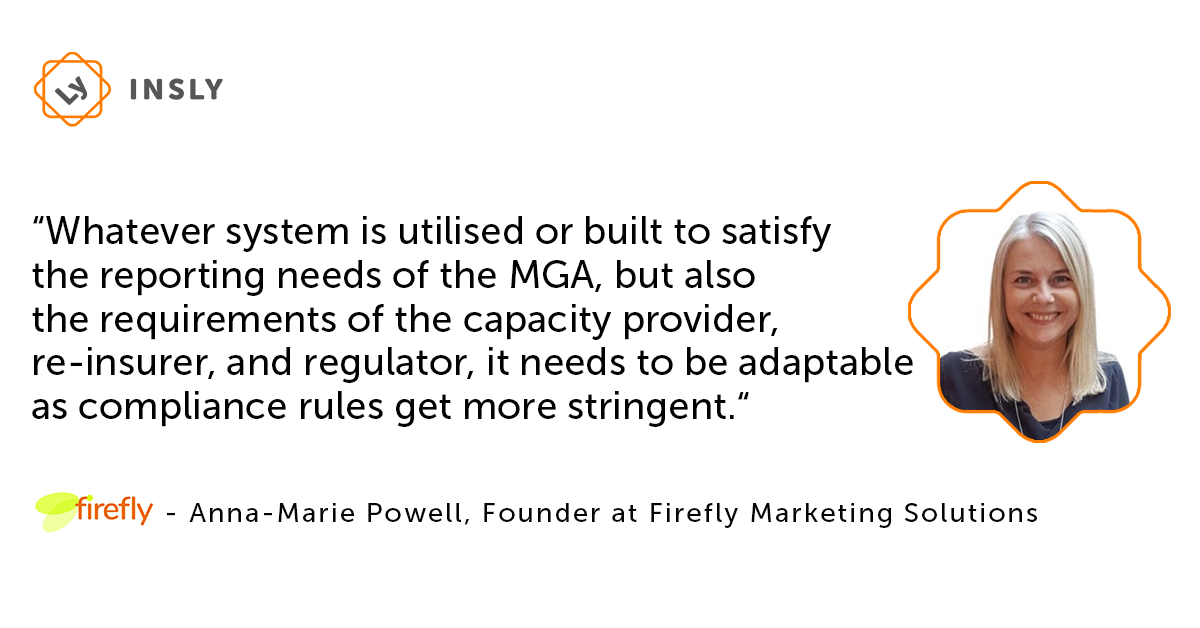Previously, we talked about the advantages that insurance software provides for underwriters. This article will focus on the main bottlenecks in MGA Managers’ responsibilities and how they can benefit from using insurance software.
The Biggest Challenges Faced by MGA Managers
Building an insurance company is a major challenge by itself. The decision to take the MGA route is usually for one or more of the following reasons:
- limiting capital requirements associated with setting up an Insurer;
- earning a better margin;
- designing and creating your own product to meet unique market needs.
The biggest challenges that MGA Managers face largely depend on the state of the company and the phase of the growth it is experiencing. Each life cycle phase has its concerns: while existing players focus on market growth and securing their position, new MGAs usually set the sky as the limit and try to find ways to take as much market as possible from the incumbents.
Of course, MGA Managers must deal with the challenge of which investments to put into technology. Although they have the permission to decide, they are still somewhat locked to insurers who set the rules of the game.
Distribution is another complex challenge. Having your product available on your system alone is not enough to meet revenue goals. For example, circa 40% of SME products are distributed via traditional software house systems. MGA Managers must consider whether they need to build products onto legacy systems in order to make their proposition available to the distribution network.
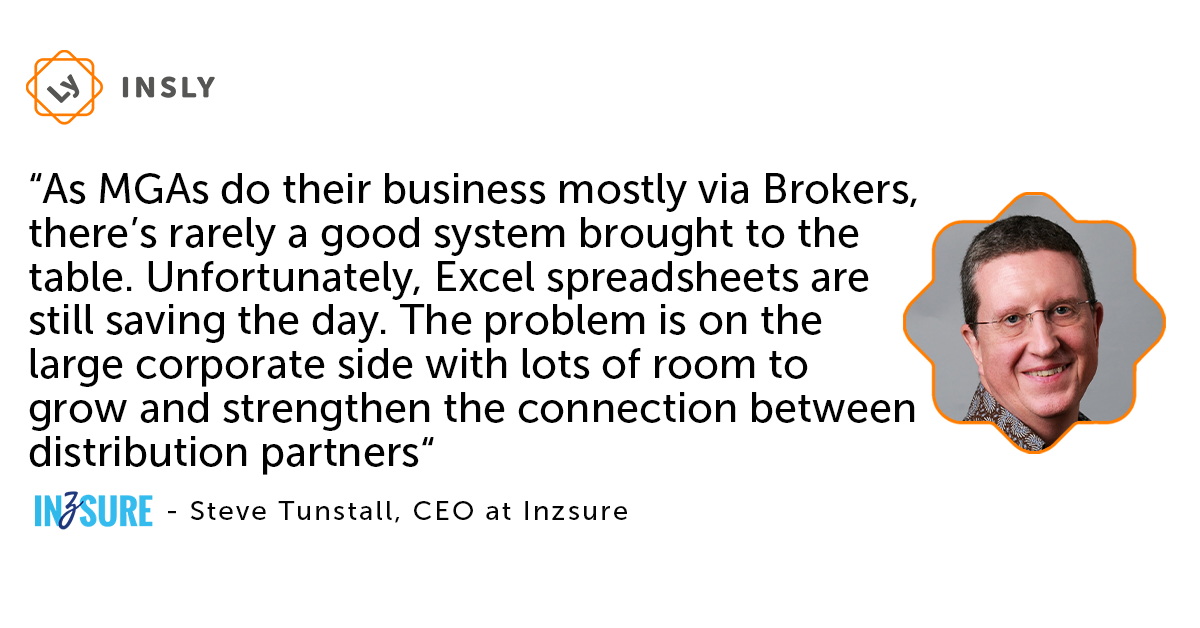
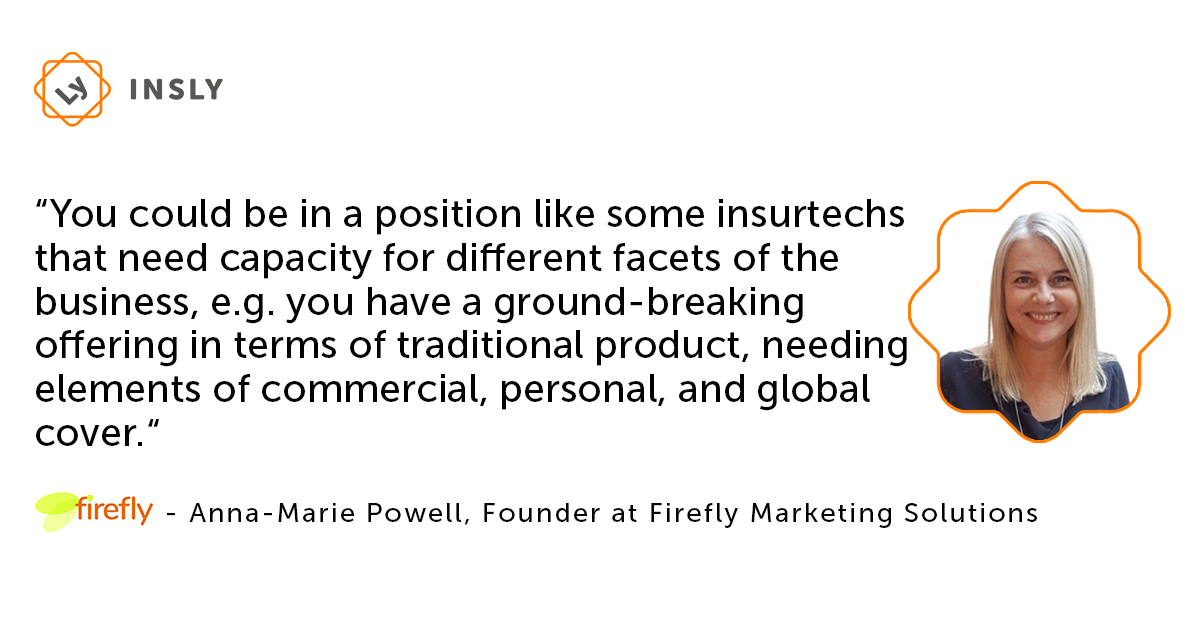
Whilst insurance is quite a segmented business, it is also crucial for MGA Managers to fine-tune their offerings to find the elevator to success.
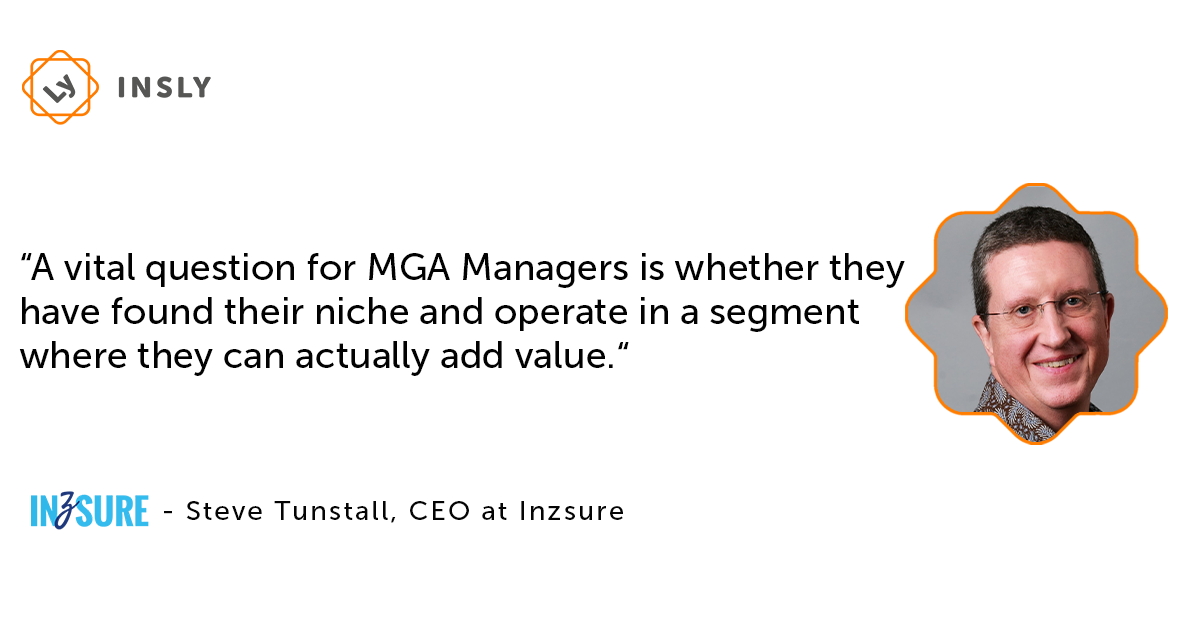
Insurance Software to the Rescue
Technology has been the key in enabling MGAs to work remotely. If MGA Managers can embed technologies such as artificial intelligence (AI) and machine learning (ML) in business administration, they can reduce overall operating costs and manual processing time thanks to increased automation.
Emerging technologies provide MGA Managers the opportunity to enhance customer experience and move out of the hard market. Customers are looking for a smooth, quick, accurate, and cost-effective user experience, which technology can help to provide alongside long-term customer retention and satisfaction.
The key for an MGA Manager is to think about the front office and how to make buying insurance easy for customers. Back office is nonetheless important, since it has to communicate with Insurers. Having your own insurance software in place gives an advantage to MGAs to build their business and adapt, whereas those MGAs who fully depend on Insurers’ systems, are less favoured.
 The Biggest Opportunities Insurance Software Can Provide to MGA Managers
The Biggest Opportunities Insurance Software Can Provide to MGA Managers
What are the main opportunities insurance software can provide to MGA Managers? For starters, it is not just about policy administration and creating simple policy documentation. Insurance software can provide MGA Managers the ability to build a seamless customer or broker entry point that links the whole customer journey.
The pandemic has clearly proven how important technology is for serving customers and seamless business operations. Cloud technologies have enabled quick data access and storage, but technology such as AI, ML, and automation can enhance data usage and sharing abilities even more, streamlining customer service.
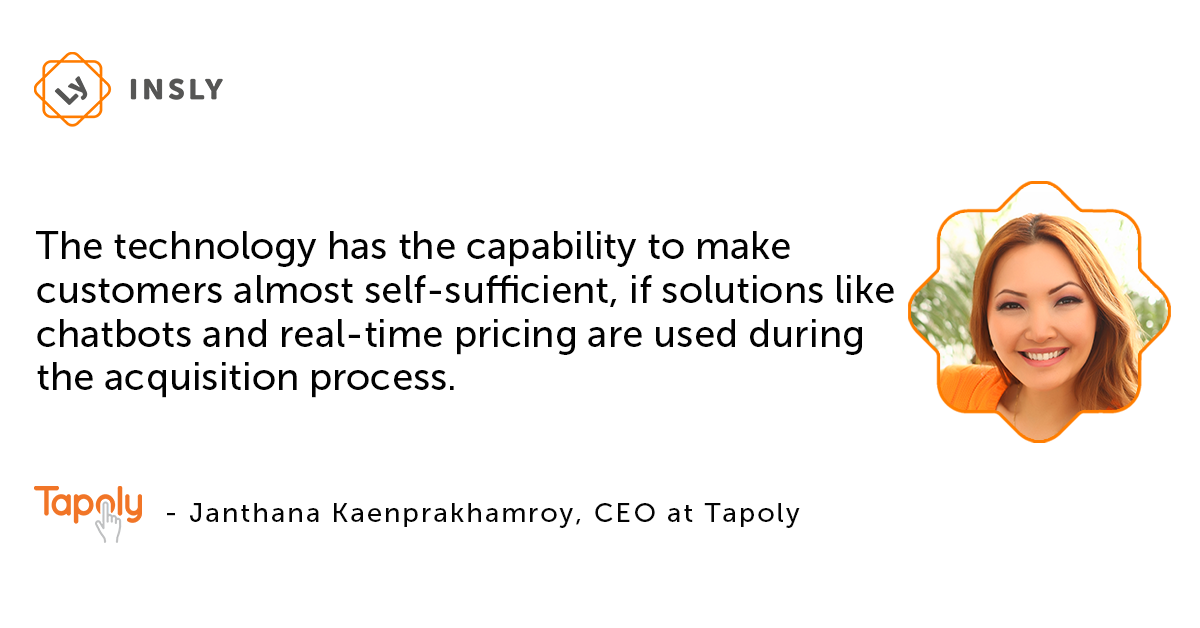
Regarding risk taking, MGAs seek choice and value, and need the functionality that would allow them to look at multiple different options, price points, and attachment points for risk assessment. Anyone starting to provide this kind of functionality for brokers will start to get a lot more engagement, especially with risk managers. 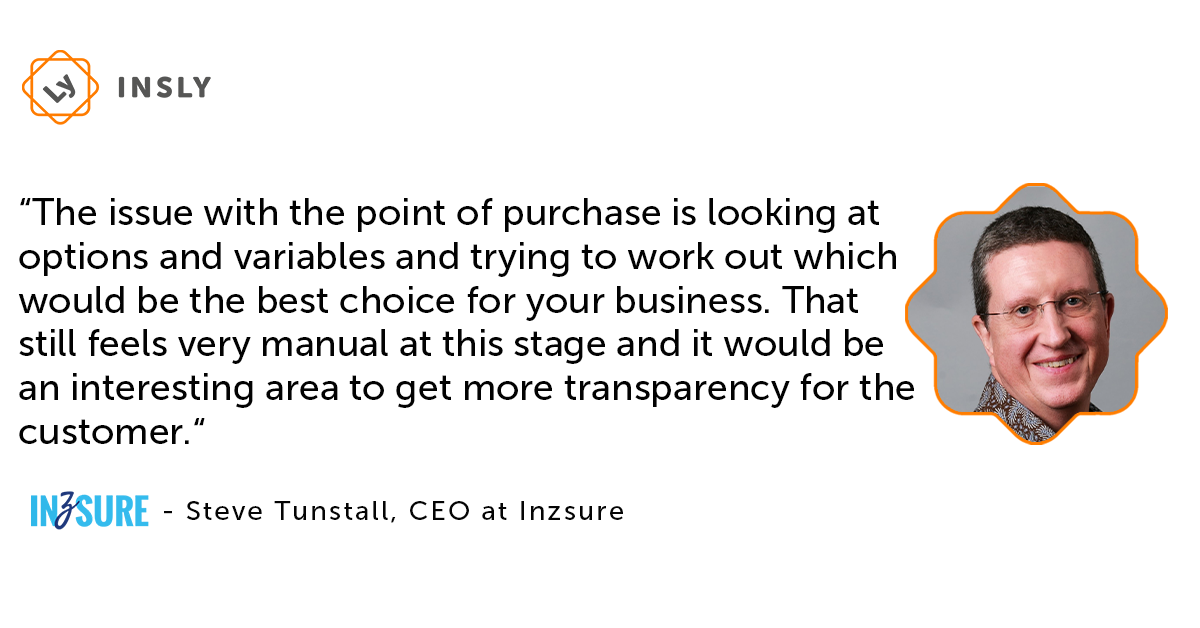
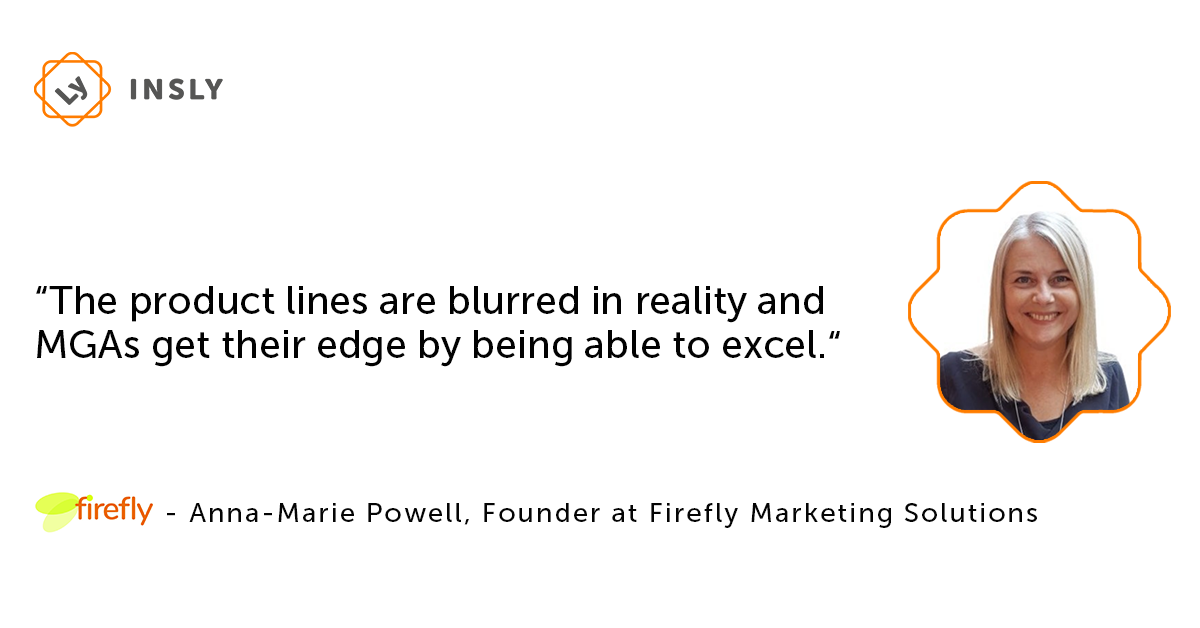
Insurance software must support MGA Managers in coping with the reporting needs of the MGA itself and the needs of regulators, capacity providers, and reinsurers. The compliance functionality must be adaptable as rules change.
If these challenges sound familiar to you as an MGA Manager and you are seeking insurance software that will help you perform better and reduce manual work, take the first step and get in touch!


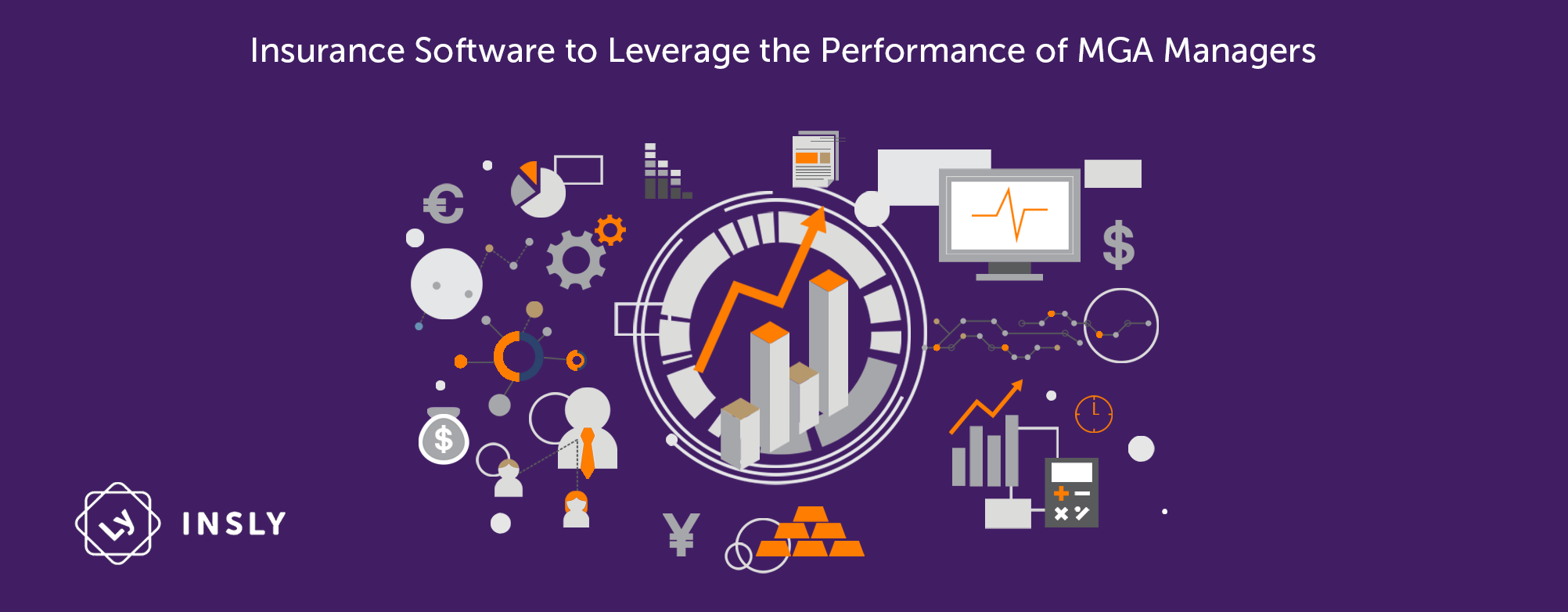
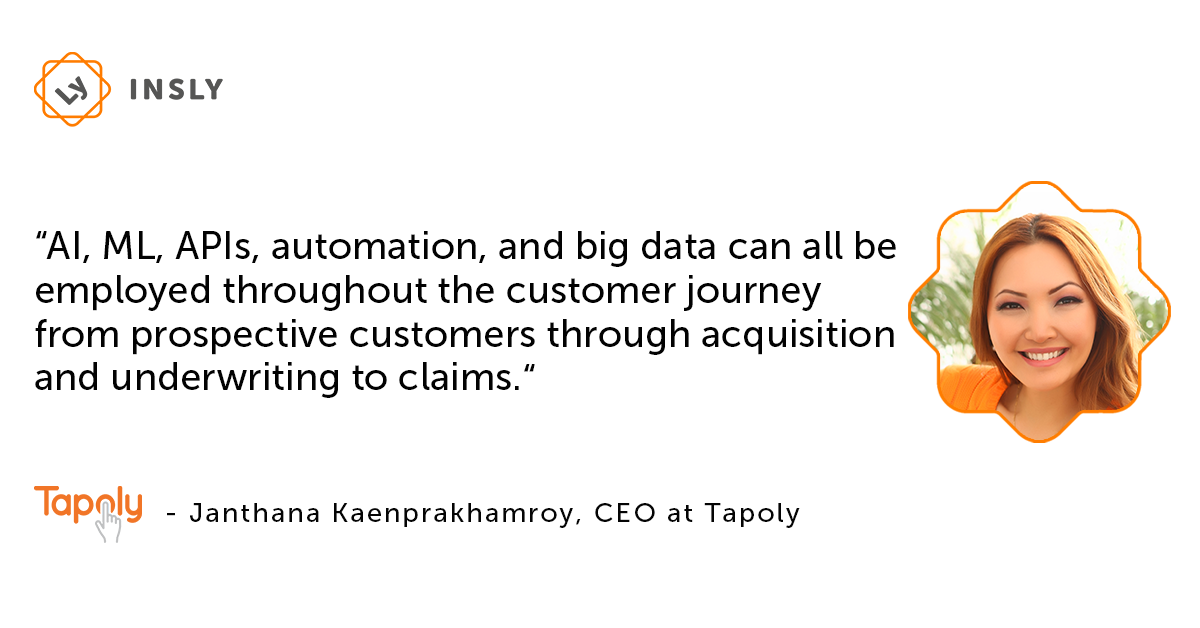
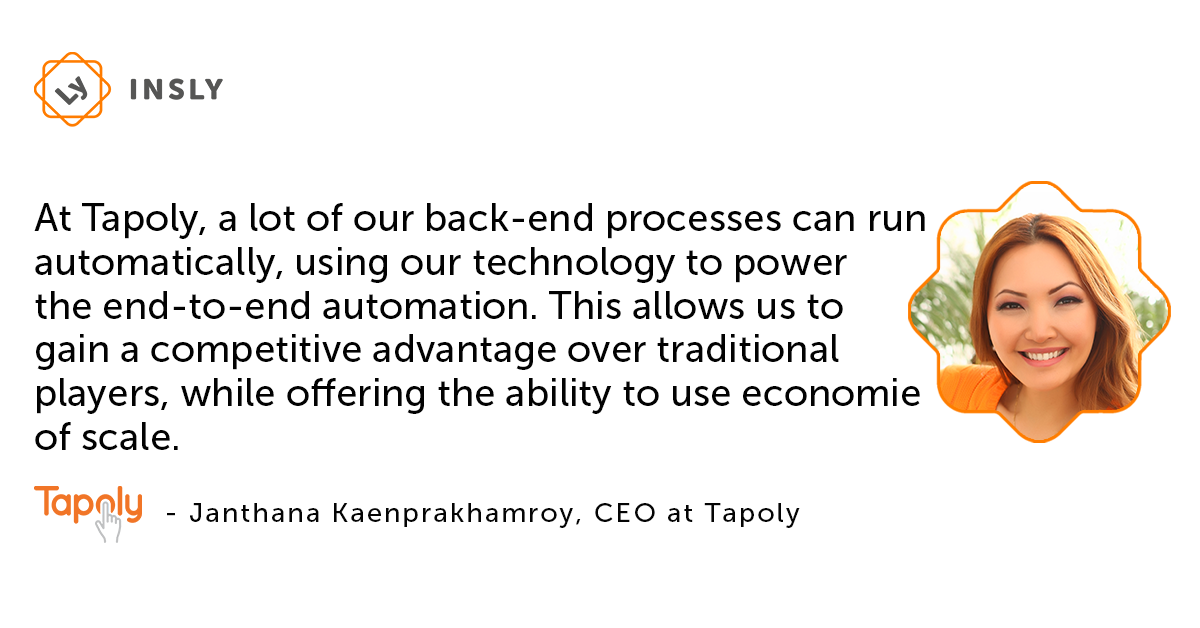 The Biggest Opportunities Insurance Software Can Provide to MGA Managers
The Biggest Opportunities Insurance Software Can Provide to MGA Managers